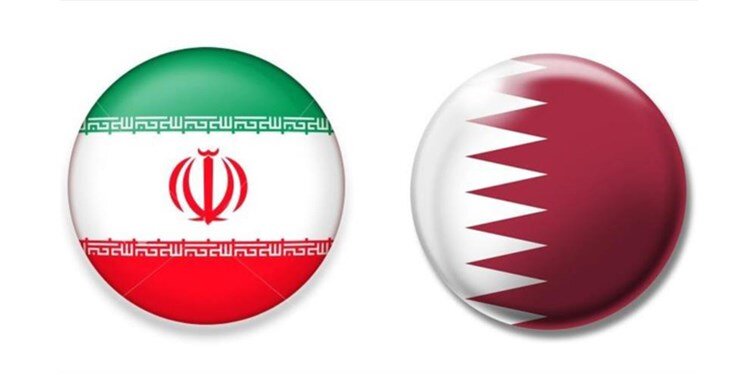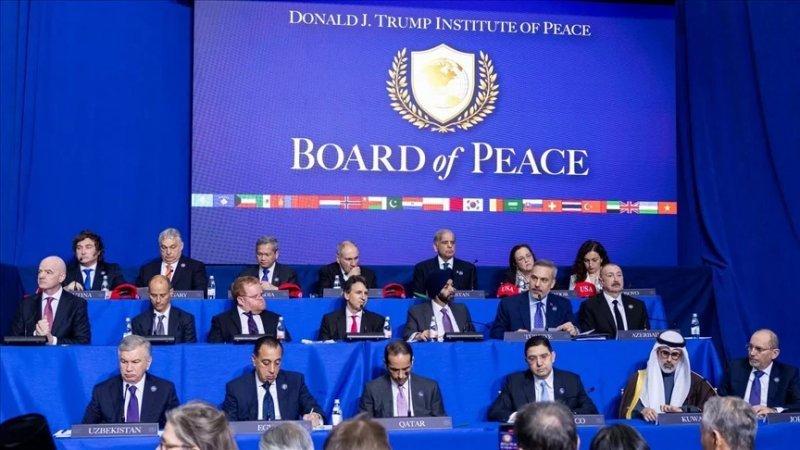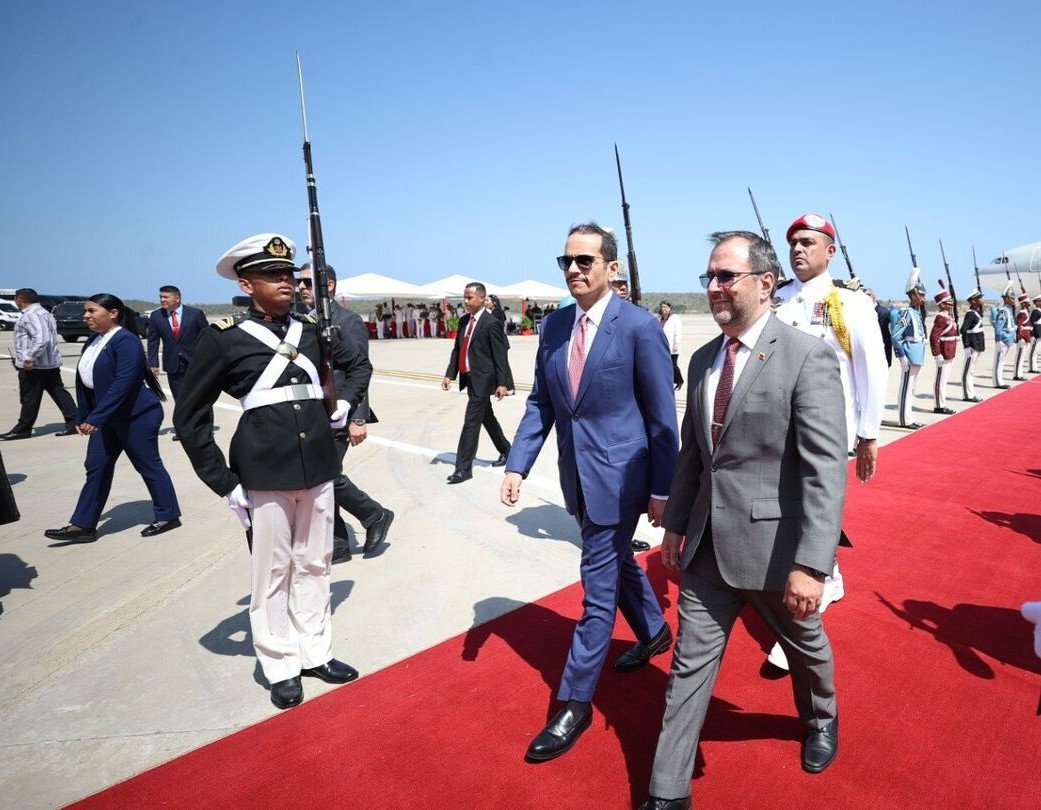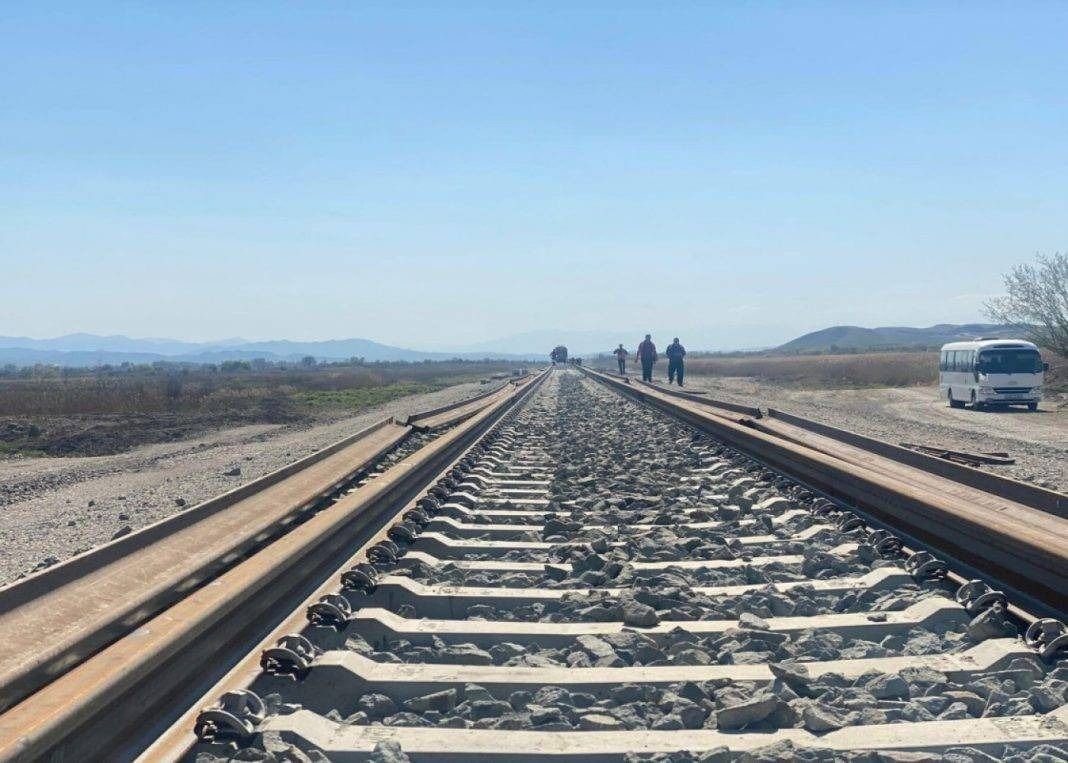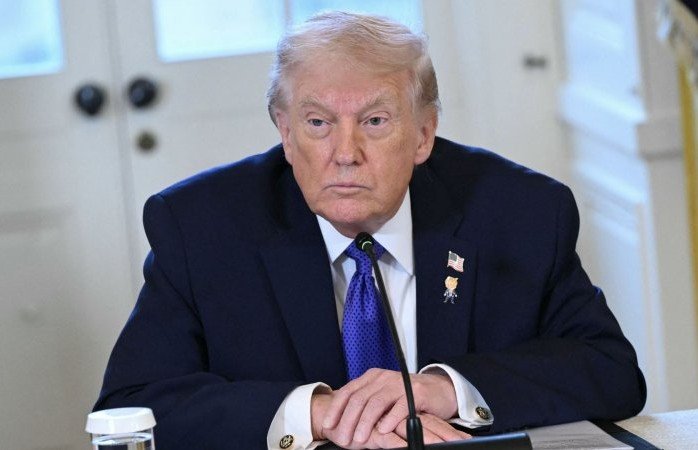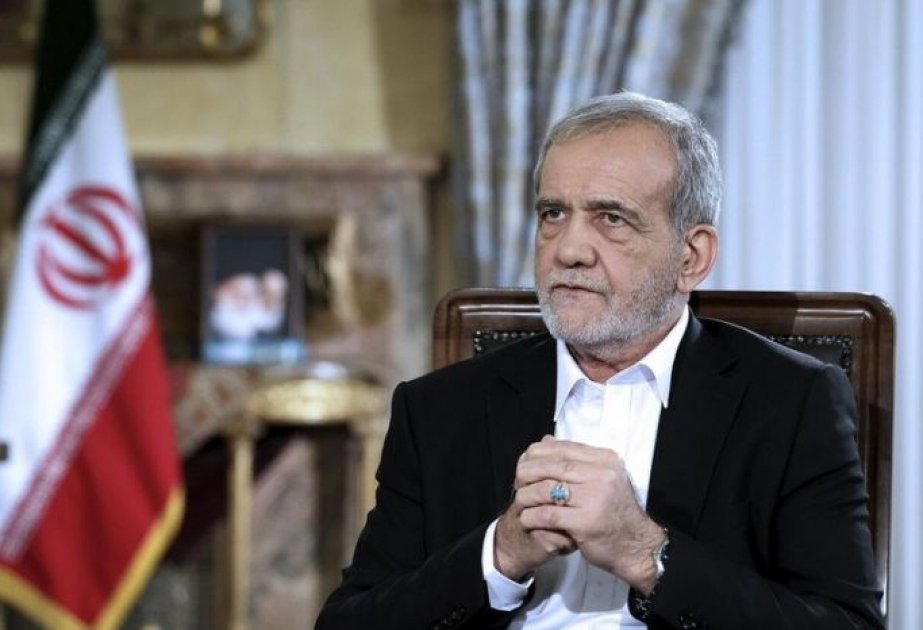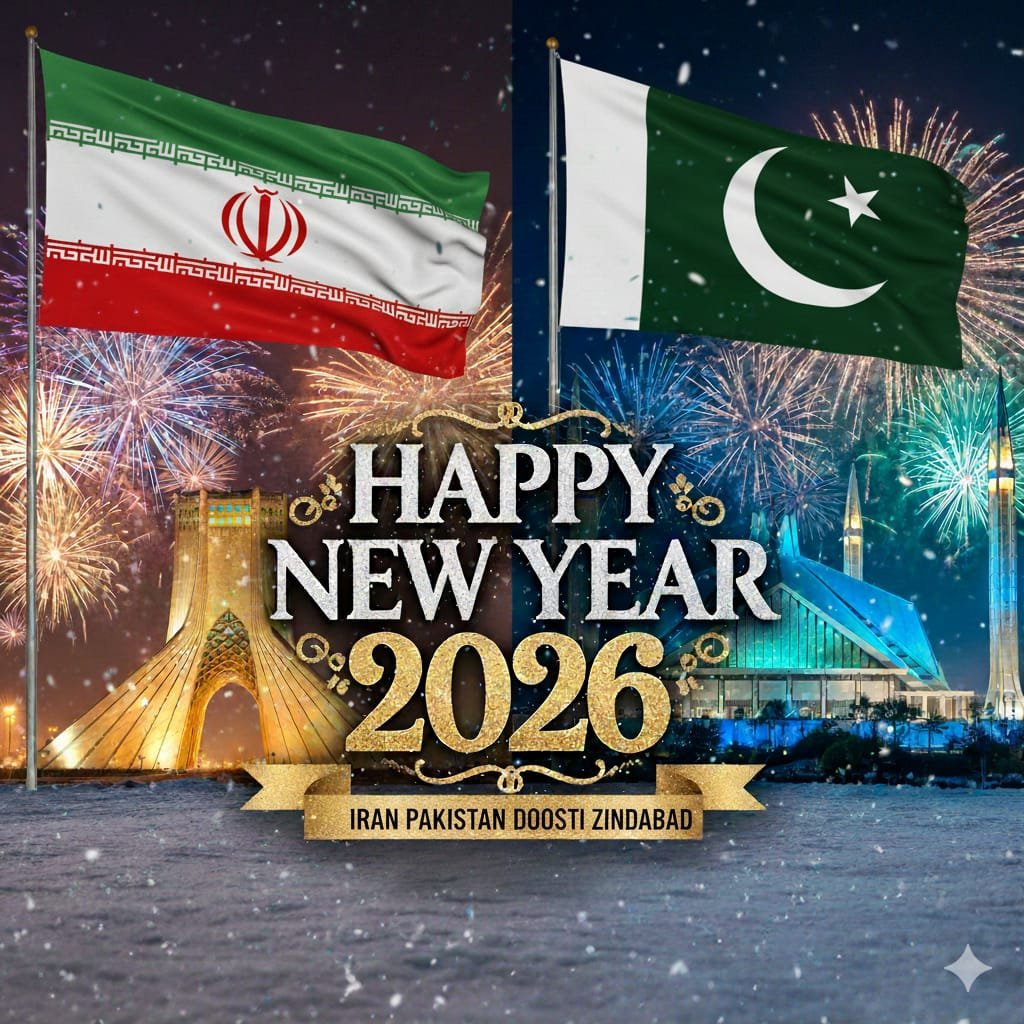Tehran, May 13, 2025 — The Europe Today: Iran and Qatar have signed a series of agreements aimed at facilitating bilateral trade and transit, marking a significant step toward the establishment of a green customs corridor between the two countries. The agreements were signed during a high-level meeting held in Tehran on Monday between Foroud Asgari, head of the Islamic Republic of Iran Customs Administration (IRICA), and Ahmed bin Abdullah Al Jamal, chairman of Qatar’s General Authority of Customs.
The newly signed protocols are designed to expedite customs procedures, eliminate redundant regulations, and enhance the security and efficiency of cross-border trade by incorporating modern technologies and joint efforts to combat smuggling.
Under the terms of the agreement, the two sides will also enhance business security and simplify customs processes to accelerate the flow of goods. The agreement is seen as a strategic move by Qatar to increase its share of Iran’s foreign trade and transit activity, while reinforcing the longstanding ties between the two neighboring nations.
During the meeting, Asgari emphasized the strong and friendly relations between Iran and Qatar and described the visit of Al Jamal and his accompanying delegation as highly significant. He also provided an overview of Iran’s customs infrastructure, noting that all customs procedures are now managed electronically, ensuring speed, transparency, and accountability.
In response, Al Jamal lauded Iran’s progress in customs digitalization and reaffirmed Qatar’s interest in deepening bilateral cooperation, particularly in the customs domain. He also cited political and diplomatic alignment as a foundation for expanding operational cooperation.
Both sides agreed to conduct regular high-level meetings and joint inspections of major ports and customs facilities in Iran and Qatar. These periodic visits aim to promote continued coordination and operational alignment, further solidifying their shared goal of streamlining customs operations and boosting bilateral commerce.
The formation of the green customs corridor is expected to significantly reduce cargo clearance time, facilitate sustainable trade practices, and provide a model for regional customs collaboration.
This development reflects broader regional efforts to integrate customs systems, enhance economic ties, and support environmentally sustainable trade solutions.
